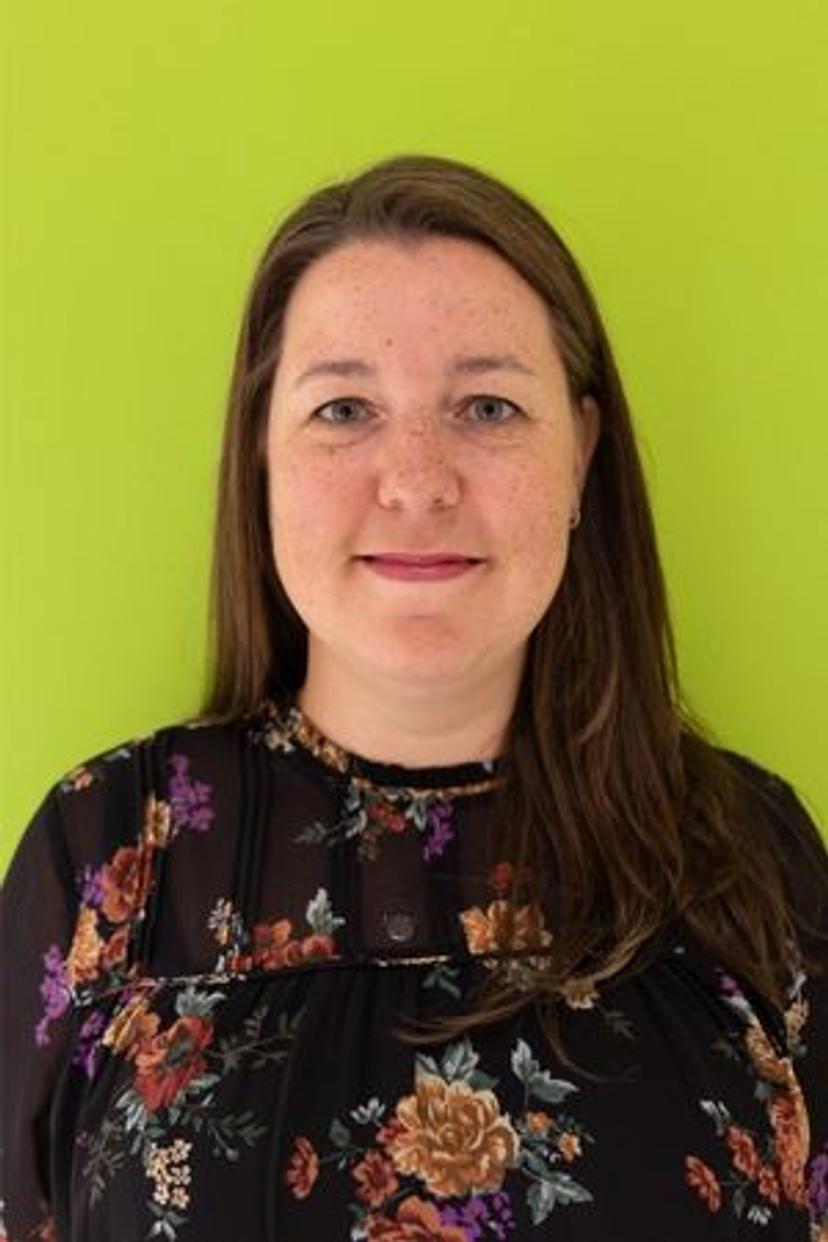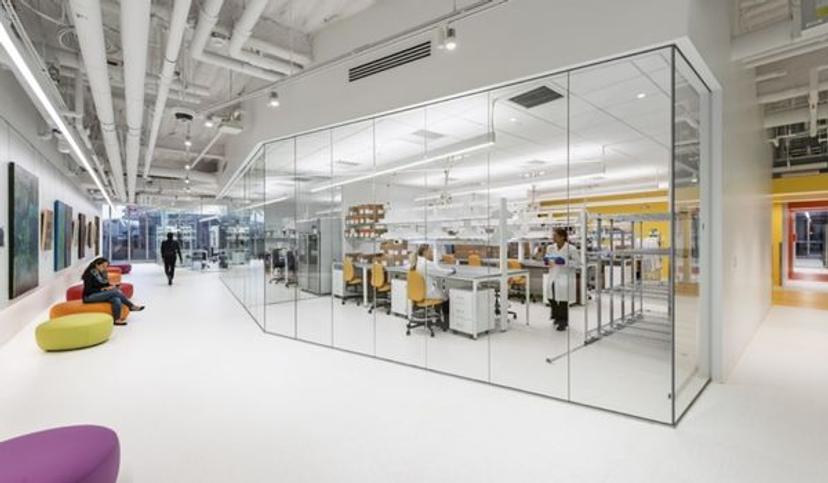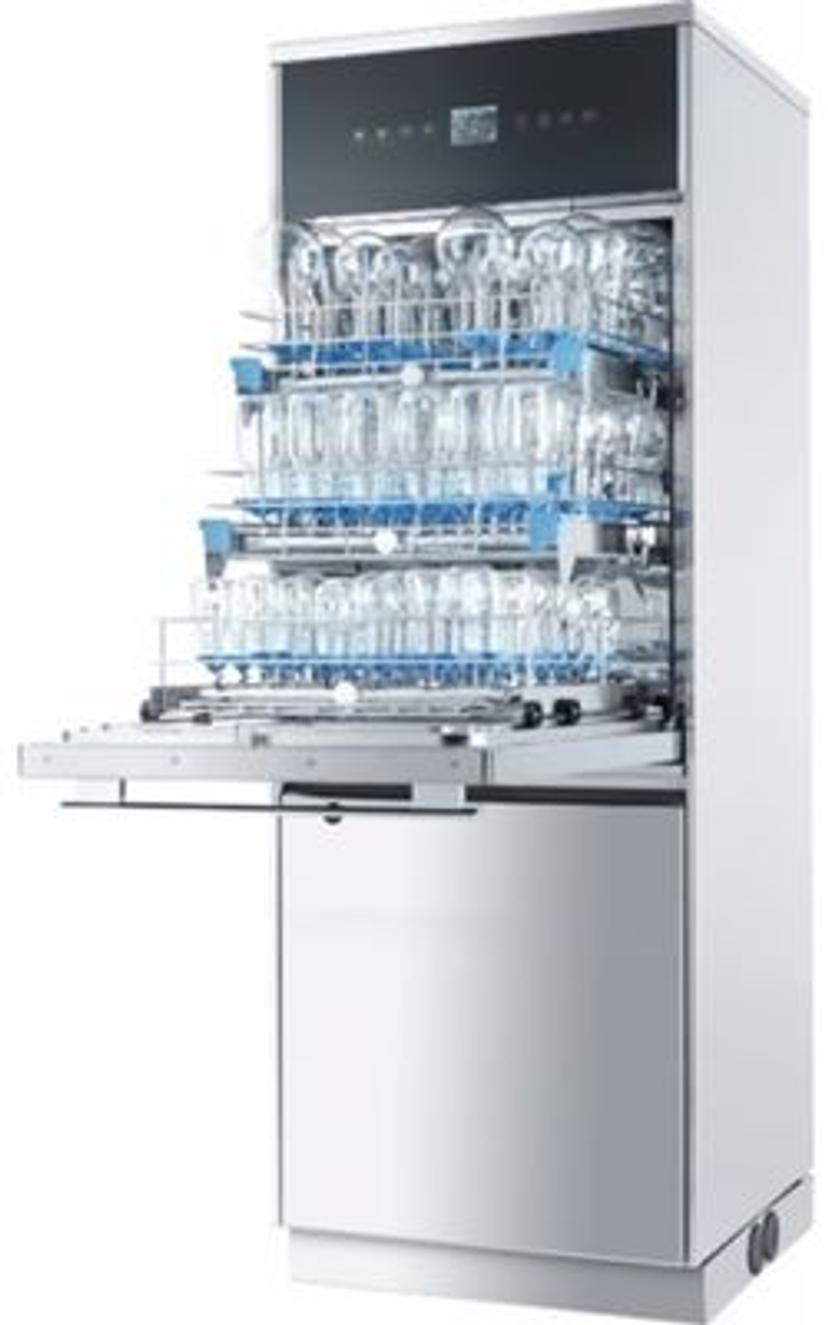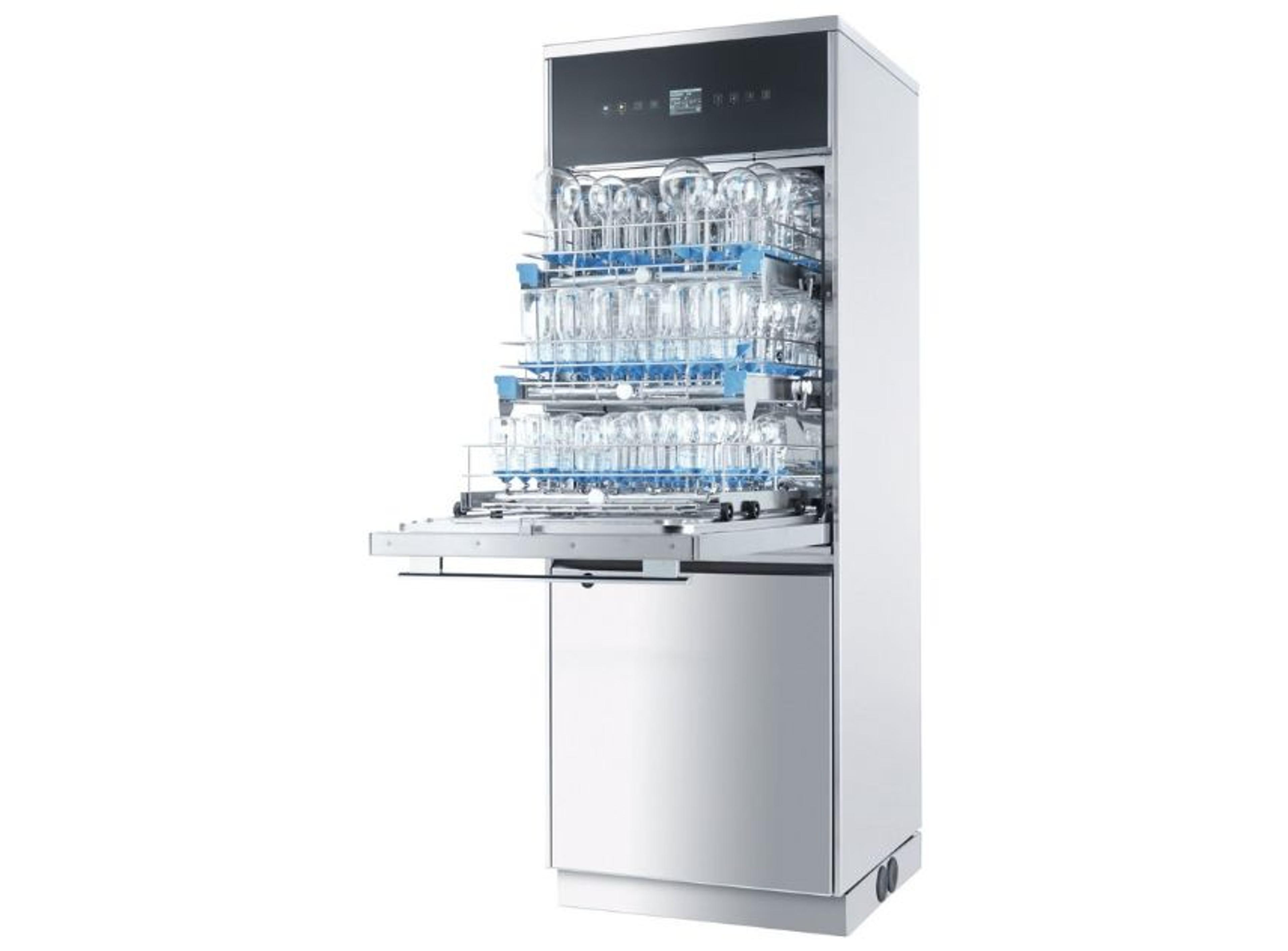Durable, flexible, and user-friendly: Why science start-up supporter LabCentral opts for Miele Glasswashers
We go behind the scenes at LabCentral 238 to learn what it takes to meet the biomanufacturing needs of burgeoning scientific entrepreneurs, and learn more about how the team use Miele Glasswashers to meet their goals
16 Jan 2023Anchored in the heart of “the most innovative square mile on the planet” is a street where early-stage life sciences and biotech entrepreneurs are ramping up their efforts to bring the next generation of pioneering therapies, novel vaccines, diagnostic tools, and disruptive technologies to fruition. It is here, on Main Street in Kendall Square, Cambridge, MA, that non-profit organization LabCentral is providing laboratory space and access to millions of dollars’ worth of shared equipment to support these high-potential start-ups on their journeys from concept to commercialization. When it came to sourcing laboratory glassware washers — one of the most essential commodities in any lab — the team looked to Miele Professional, a company with more than 60 years of experience developing high-performance and versatile systems for reprocessing, cleaning and disinfecting laboratory glassware.

In November 2022, LabCentral unveiled its latest co-working facility on Main Street, LabCentral 238, which focuses on supporting companies transitioning from R&D to scalable biomanufacturing, particularly for the development of cell and gene therapies. Overseeing day-to-day operations within LabCentral 238 is the job of Senior Lab Manager Anneka Cialdea, a former pre-clinical scientist with over fifteen years of laboratory and operations expertise under several large pharma companies.
“LabCentral is a Massachusetts-based 501c3 non-profit with the mission of supporting the next-generation of powerhouse life-sciences companies working on solutions for the toughest challenges in human health,” she shares. “We have three locations on Main Street, and we look at these as a network of spaces purpose designed to support innovation.”
The company’s flagship location located at 700 Main Street, acts as an early entry facility where very small biotech firms, sometimes only one or two scientists, operate from lab benches in an open model to conduct proof-of-concept experiments. “They’re allowed to stay for up to two years, and after that, they often move on to another LabCentral site within our network, where they grow their businesses and develop their science further,” Cialdea adds.
The newest facility, LabCentral 238, was launched to meet the outstanding need for larger company spaces and focuses on process development and scale-up in anticipation of clinical and GMP biomanufacturing. “This location was created to support companies that are towards the end stage of their preliminary research and thinking about what their manufacturing looks like,” she says. “Here at LabCentral 238, each company has their own private suite with associated tissue culture or process development labs, and we cater for the stage of development that they're in, as well as the area of research.”
In addition to providing cutting-edge equipment, office workspaces, and modern common areas, LabCentral 238 prides itself on embodying a culture of care and mentorship. “We try and make it as easy as possible operationally so companies can focus on their science, while also providing them with technical knowledge and systems they can take forward when they move out,” says Cialdea. “This includes things like facilitating procurement as well as providing mentorship opportunities for lab managers and company leadership on what the start-up should look like and what they should be thinking about going forward.”

Meeting diverse needs
For residents of LabCentral 238, access to shared facilities and equipment provides a cheaper and faster option than outfitting their own private lab, while proximity to other start-ups at similar development stages can enable best practices, ideas, and solutions to be more readily exchanged. “Small start-ups often worry about money to some extent, and particularly around spending it on things that they need but possibly doesn’t make sense for them to have on their own,” explains Cialdea. “Sometimes it's equipment that could be very expensive, like a mass spectrometer or an HPLC, and the number of experiments that they would use it for wouldn't make the cost-benefit make sense at all, however, having access to it really streamlines their science.”
“This is the gap we try and fill,” she continues. “It’s where our glass washers, autoclaves, plate readers, plate washers, and basic lab equipment all fall into a niche of making sure the companies can get going without worrying about spiraling costs.”
However, with the capacity for as many as 13 start-ups, meeting the needs of all residents at LabCentral 238 is no easy feat. “The last thing we want is to provide them with equipment that they won't use or doesn't have the capacity they need,” she says. “We don't want something to just be an expensive paperweight. It needs to function to support many companies, sometimes differently and sometimes in the same way. So, flexibility within our equipment offerings is something we really look for.”
The team opted to install Miele glasswashers, specifically, four PLW 6111 SlimLine Washers within the shared equipment spaces at LabCentral 238. “As we're catering to a myriad of different residents, we knew we had to find something that would be low maintenance for them, so they don't have to worry about loading detergent every time, or how much detergent, or the fact they share this equipment with other companies,” explains Cialdea. “Even something as simple as having the glass door can let them know that someone else is using it, but the SlimLine also allows users to have their own unique login and to set up their own program if they run something routinely.”

Models of the PLW 6111 series can also accommodate up to three baskets on telescopic racks that can dock at four different heights, enabling racks to be easily reconfigured to suit items of many different sizes. “Having the flexibility with all the racks and being able to move them around is also a great advantage because one company's needs might differ from another, or even within a company, scientist to scientist, some might be responsible for larger items, whereas others might be using tiny items,” she adds.
According to Cialdea, one benefit of the Miele glasswashers, notably, the SlimLine, that many of its users have noted is its final rinse cycle using DI water, which protects valuable items from deposits and corrosion. “A lot of people are pleasantly surprised to find that’s how it runs,” she says. “It ensures items that come out are laboratory safe, so if users are moving onto an autoclave or something, they don't have to worry so much about what's in the water.”
Above all, Cialdea praises the system’s ease of use and wide array of features. “Anytime we've been asked a question such as ‘ Does it have this or do this?’ The answer has pretty much always been yes,” she says. “Being that it's so easy to use, we very rarely have any questions or comments concerning it. People seem to really like it, and it seems to have suited everybody's needs – we've heard only good things.”
Looking ahead
Cialdea hopes to build upon the success of partnering with Miele by continuing to seek out laboratory equipment that is multi-purpose, flexible and will suit the needs of all companies at LabCentral both now and in the future. “For me, it's about finding companies that are reputable and have good standing with their customers, while providing the products that we need to fill the gaps,” she says. “It's hard sometimes to find something that works well for everybody, but that's the challenge going forward, and I'm looking forward to building more partnerships, doing more research, and talking to more people about how their products work, and hopefully, something will come down the line next time we need it.”

